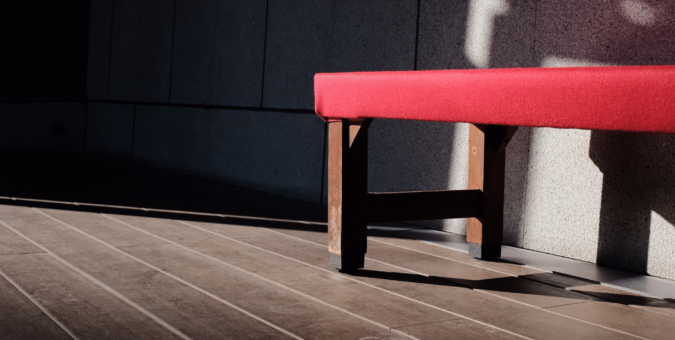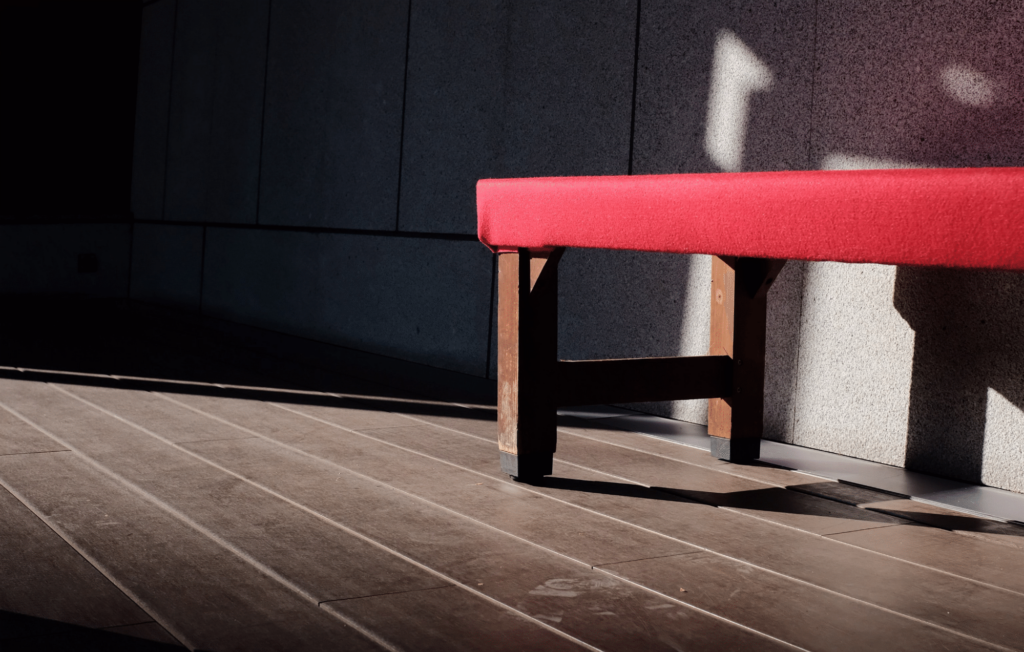
Co-commissioned by UK Sport and Sport England, this month saw the publication of the Whyte review, which examined the treatment of British gymnasts in the period between August 2008 to August 2020.
The report revealed the existence of a culture of abuse and the condoning of mistreatment of athletes in the pursuit of competitive success.
What is the Whyte review?
The Whyte review was commissioned in response to numerous allegations of mistreatment in British gymnastics. Anne Whyte QC was asked in July 2020 to lead an independent review to assess gymnasts’ wellbeing and welfare, to investigate whether safeguarding concerns were being appropriately dealt with and whether gymnasts and their parents felt that they could raise concerns with the relevant authorities.
What did the Whyte review find?
From the anecdotal evidence of over 400 submissions from current and former gymnasts, the review found:
- More than 40% of gymnasts were subjected to physical abuse by their coaches. This included physical chastisement, overstretching to the point of causing distress, withholding of access to food, water and going to the toilet, punishment for exceeding toilet break times, being dragged across the gym floor by the arms, pressure to train with injuries such as broken bones, being sat on by a coach and forcing a child’s legs into a split.
- More than 50% reported mental abuse by their coaches which included swearing, the use of belittling language (which included being called a ‘waste of space’ and ‘pathetic’) and inappropriate weight intervention (which included comments such as ‘you look like a whale’, ‘you have a beer belly’ and ‘your thighs are disgusting’), as well as being requested to send photographs to prove loss of weight. This resulted in a number of gymnasts developing a dysfunctional relationship with food and self-image.
- 30 submissions included reports of sexual assault, sexual remarks, inappropriate touching and kissing as a form of punishment.
Of concern is that for the period for which the report was investigating, more than 75% of British Gymnastics’ members were children under the age of 12. This raises grave concerns as to the impact that this treatment could have had on their physical and mental development.
What could this mean for the future of British gymnastics?
British Gymnastics have publicly thanked all of the individuals that came forward for their bravery in influencing the future of gymnastics in Britain.
The Whyte review made a number of recommendations including mandatory safeguarding training, access to independent welfare officers, a case management system for the handling welfare complaints and the appointment of expert independent board members for British Gymnastics.
It is hoped that British Gymnastics will accept and implement the recommendations made and that the coaching standards of the past will not be reflected in the future.
Expert help to investigate your abuse claim
It can be very difficult for any individual that has been abused to talk about it, especially in field like competitive sport where it might be difficult to determine the difference between what might be regarded as rigorous training and abusive behaviour.
We have represented many people affected by abuse and so if you or someone you know has been affected by physical or mental abuse similar to that discussed in this article, please do contact us today for specialist advice.



















